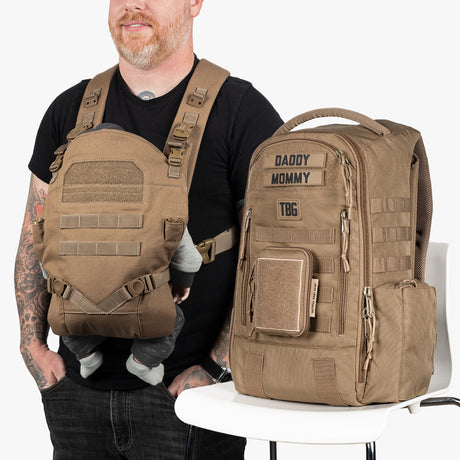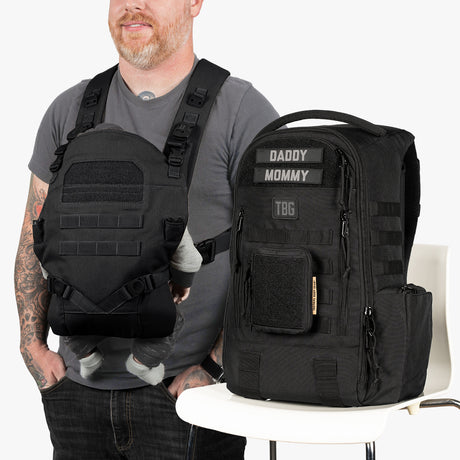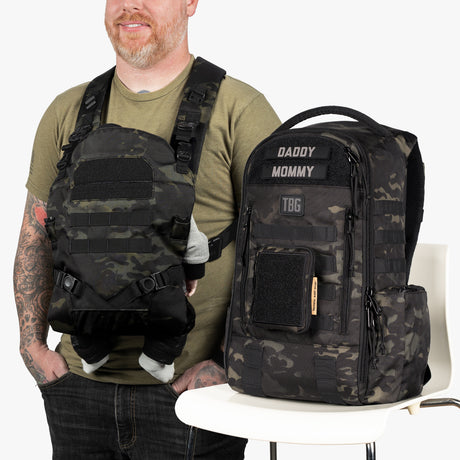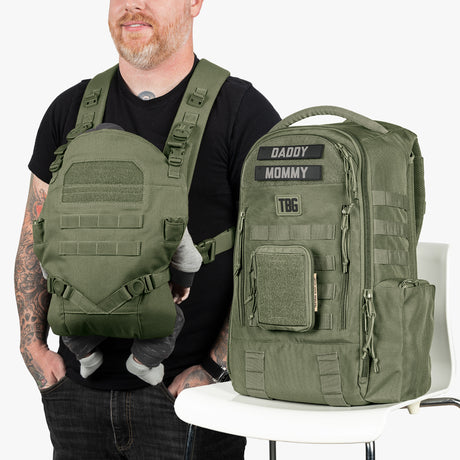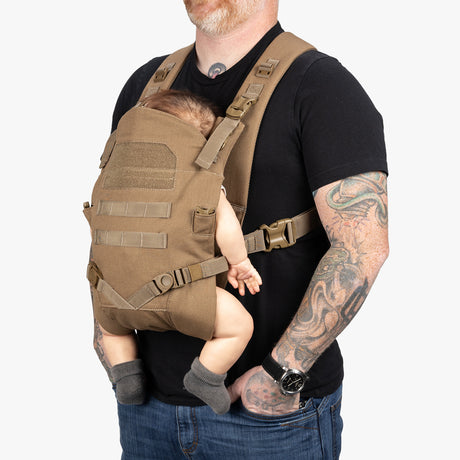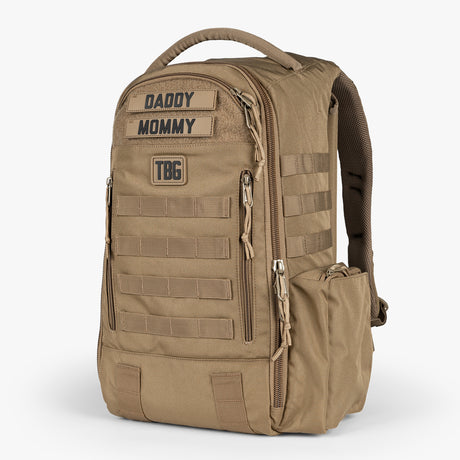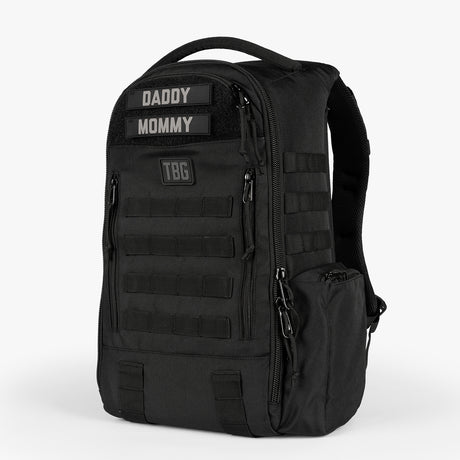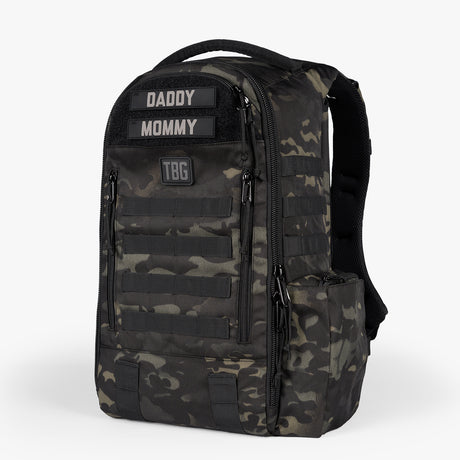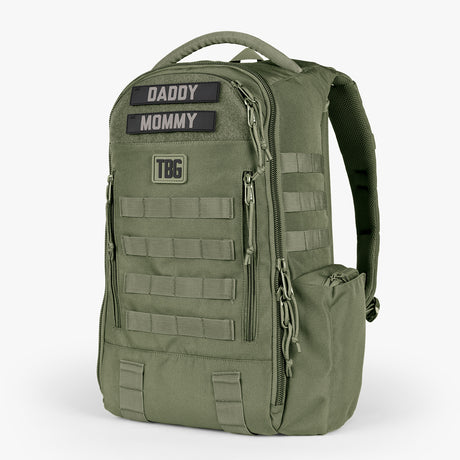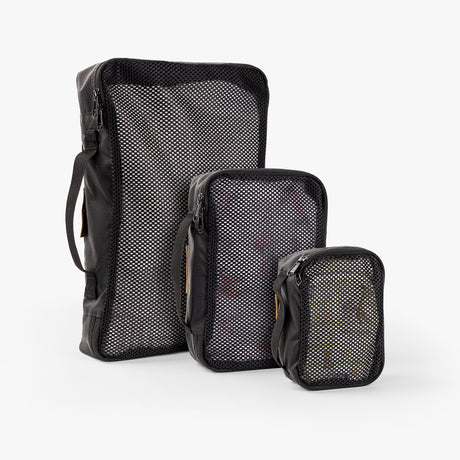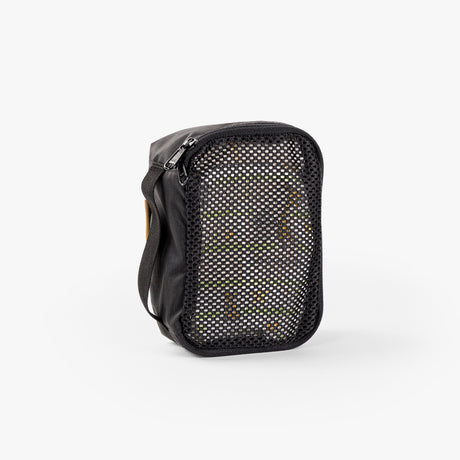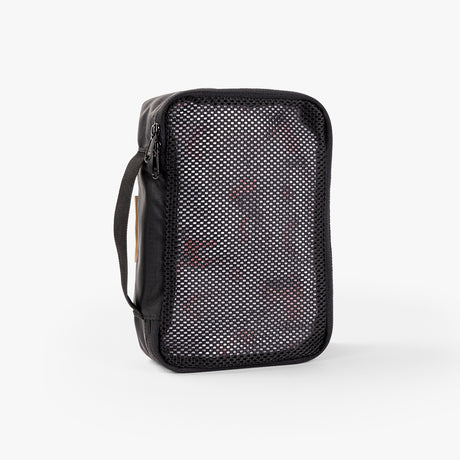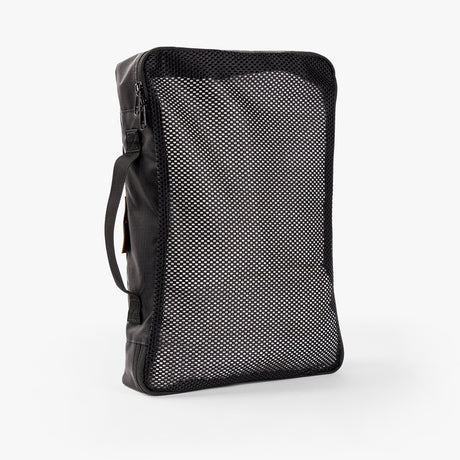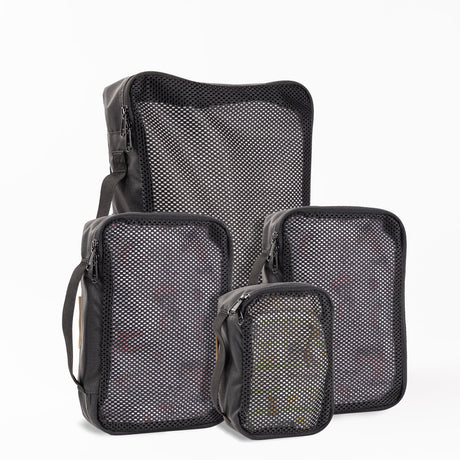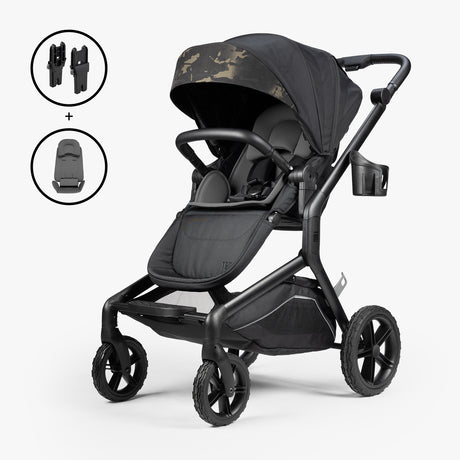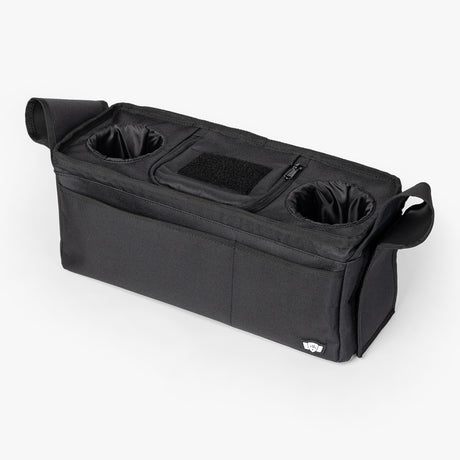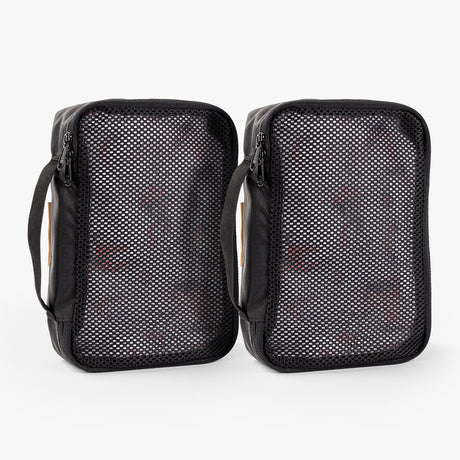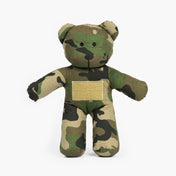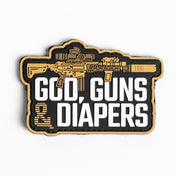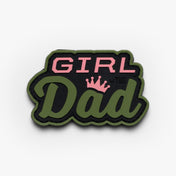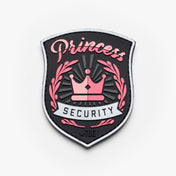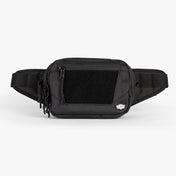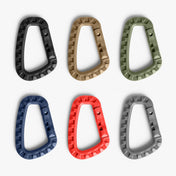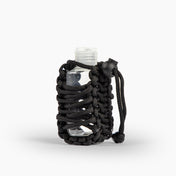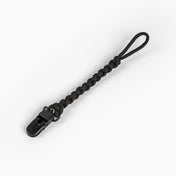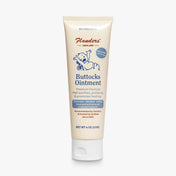When you're parents expecting their first child, you probably have a list of necessary equipment: diaper bag, bottles, stroller. Modern parents, however, might be struck by the fact that these basic pieces of parenting equipment aren't so basic anymore. From tactical diaper bags to the subject of this post, the all-terrain stroller, you have more options than ever before.
On the surface, strollers are a pretty basic piece of equipment, but the needs of parents have evolved. Sure, you can take your child for a leisurely walk down a paved sidewalk, but what if you don't have a paved sidewalk, or want something more exciting? An all-terrain stroller gives you the ability to go on beaches, through forest paths, and over rocky terrain in a way a jogging or traditional stroller can't.
So the question is - do you need an all-terrain stroller? I can tell you from personal, real world experience you absolutely do. In fact, most people who are considering a jogging stroller actually need an all terrain stroller instead.
Let's take a look at what separates them from the rest of the pack, and why you absolutely need one if you plan on doing anything even remotely adventurous on your child's walks.
What is the difference between stroller types?
Without going too heavily into detail, there are a few main stroller types: basic, jogger, and all-terrain. Each serves the distinct needs of the parents depending on the situation. Basic strollers are likely the cheapest and most likely to have multiple seats for several children. Joggers are great for running with your child, as they have improved suspension and aired tires that absorb impact better, but usually only seat one child. All-terrain strollers are built with improved suspension and solid wheels because the last thing you want on a hike is a punctured tire.
So, basically, the primary differences between stroller types are tires, suspension, shape, and the number of seats.
What is the difference between a jogging stroller and an all-terrain stroller?
Jogging strollers are made for running on smooth, even ground, like sidewalks or roads. They're built usually in a triangular design that gives you maximum handling ability to move the stroller as you run or jog. The suspension is highly responsive and is built to absorb impact, and the tires are inflated, further making the ride as smooth as possible.
All-terrain strollers are more heavy-duty than jogging strollers, which are typically lighter in the frame. In addition to a bulkier body, the wheels and tires are going to be extremely durable for, well, all terrain. You'll often be able to find all-terrain strollers that function well with infants and up, whereas joggers usually are built for toddlers and are harder to find for younger babies.
Do I need an all-terrain stroller?
This is the reason you're here, isn't it? Are you the kind of person that loves the outdoors but feels like you can't really go hiking into the woods because you've got a baby to cart around with you? If you want your kid to grow up loving nature, you should start acclimating them to hikes and trails young, and an all-terrain stroller can help with that. The features of an all-terrain stroller can help you get through forest trails in a way that other strollers simply can't.
Likewise, if you love beach strolls but feel like your wife would get mad if you left your kid to be tended to by sea otters, then an all-terrain stroller can help. The suspension and responsive tires are great for sand and they're fine to get wet.
If you're the kind of person that loves to get out into nature - be it craggy hills, sandy beaches, or mossy forests - an all-terrain stroller can help you bring your babies along for the experience.
What should I look for in an all-terrain stroller?
If you're going out to look at all-terrain strollers, it's important you know what is (and isn't) important in their design. Just because a stroller looks chunky or has camo on it doesn't make it all-terrain. You're going to have to quite literally kick the tires and (less literally) lift the hood to find a setup that suits your lifestyle.
1 - Check the seat
The seat is king for little ones, and companies that make all-terrain strollers are aware of how bumpy the ride can get. You want to find a model that distributes force and impact evenly, and that is also inclined in a way to keep that kinetic energy off the child's head and/or neck. It's also important that the stroller allows for baby seats or a bassinet option because infants have even more protection needs than bigger kids.
It's also important that your child is protected from weather and sun, so there should be a method for that, like a canopy. The last thing your baby wants is the sun in their face while you trudge up a hill - they'll grow up resenting the sun (and possibly you) for reasons they can't explain.
You also want to make sure there's a 5-point harness that secures your baby to the seat. You're going to be doing bumpy stuff; you want your kid to enjoy it, not get shaken like a James Bond Vesper.
2 - Kick the tires
You don't want the air-inflated tires of a jogging stroller or the hard plastic wheels of a basic one. Instead, your stroller should have chunky, durable tires capable of withstanding, again, all-terrain. You also want to make sure they have a good grip, for situations when things suddenly get wet. It can be quite unsettling to be hiking on rocks and then a sudden spring shower soaks the path, and you find yourself slipping all over the place.
3 - Gotta have brakes
If you're jogging or hiking and the speed or incline gets out of control, you need the extra handling that brakes provide. Being able to lock the front wheels is good, but you also want responsive brakes you can manipulate quickly and simply.
4 - Suspension is critical
Basic strollers function to help you move baby from point A to point B, and usually through simple, soft terrain. An all-terrain stroller helps you navigate some tough country, which is awesome, but it can be rough on both your stroller and the baby if the suspension is bad. The entire structure should be built to withstand bumps, bonks, and the intense bounces that change in terrain can bring. Moreover, it shouldn't transfer that shock to your baby.
An all-terrain stroller is freedom
If you're even remotely the kind of guy that likes to go outdoors and would love to experience nature with your kids, then an all-terrain stroller is your best bet. They are more expensive than a basic stroller, but why would you ever skimp on expenses related to raising your kids right? For many active parents, the choice comes between a jogger and an all-terrain, and if you're not in the middle of a suburb, an all-terrain stroller just makes more sense.
To review, when you go to buy, make sure the tires are built for rugged terrain - non inflatable tires and wheels. The entire structure should be heavier and more durable than a jogging or basic stroller as well, to handle the tumultuous terrain that you're going to tackle. While on the subject of bouncy terrain, make sure the suspension can handle whatever you happen to drive over - your baby will thank you later on when they're not covered in dents and scrapes.
Brakes are essential - if the stroller doesn't have accessible, responsive brakes, then move on. Likewise, ensure your child is protected from the sun and elements - look for an enclosure or canopy option. And ensure there's a 5-point harness so your child stays safe while you explore the great outdoors. For taking smaller infants, a bassinet choice is ideal.
If you're the kind of parent that loves tackling nature, be it rocky hills, sandy shores, or the breathtaking awe that is an old-growth forest, you need an all-terrain stroller. Go forth, find the right stroller for you, and take your child to conquer the great outdoors.
